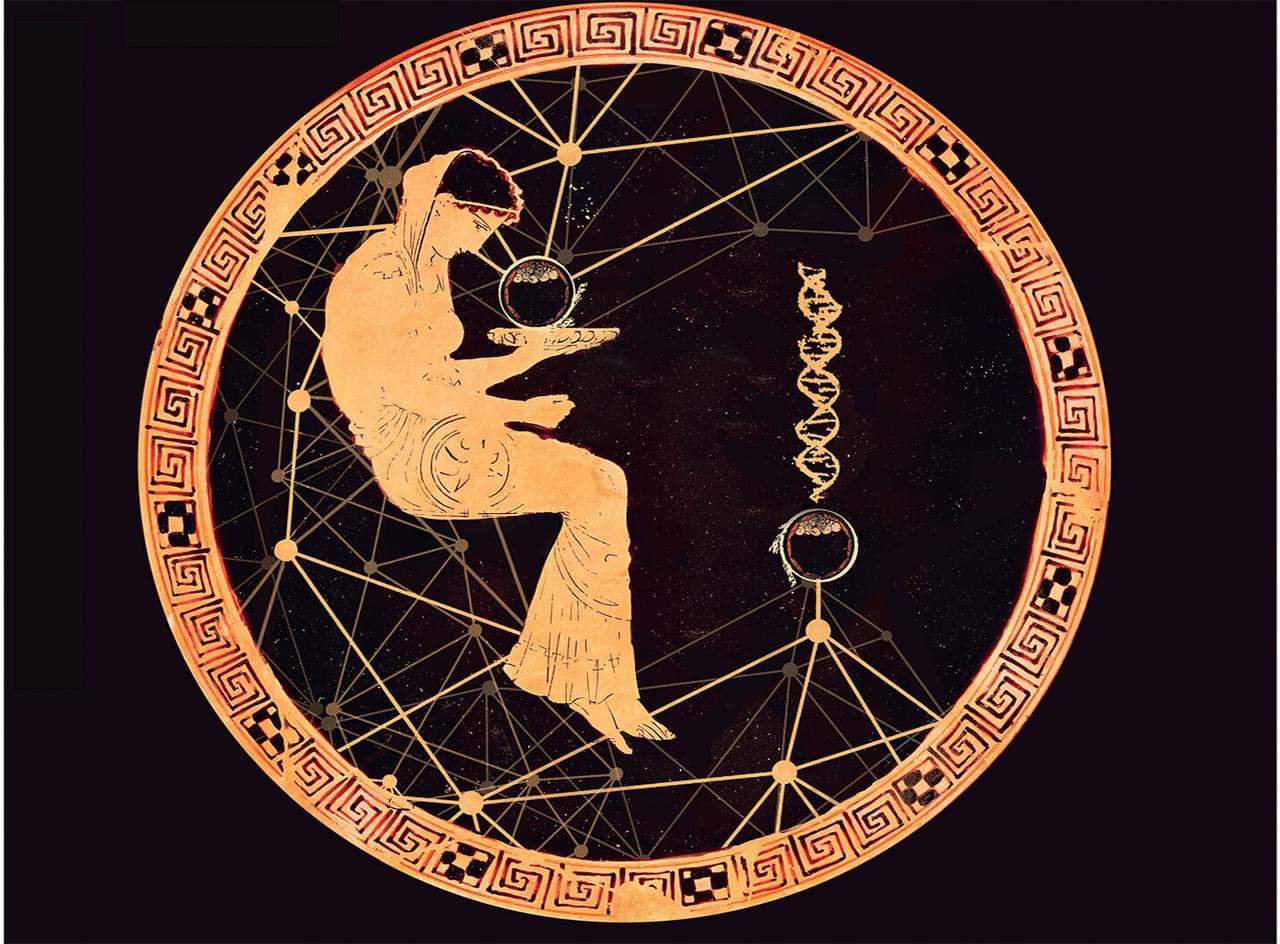News
15 April 2025
Light sheet microscopy: A decade-long journey from DIY innovation to cutting-edge imaging
A look at the technology that provides researchers with deeper insights into complex biological systems.
Read Article
KANSAS CITY, MO—Stowers Institute Investigator Peter Baumann, Ph.D., has been appointed to the prestigious position of Howard Hughes Medical Institute (HHMI) investigator. Baumann, who currently holds an HHMI Early Career Scientist appointment, is among only 27 biomedical scientists chosen from among 1155 applications submitted in a nationwide competition.

“Peter is a uniquely talented scientist who has generated valuable mechanistic insight into a wide range of important questions in chromosome biology through his creative research program,” says Scientific Director Robb Krumlauf, Ph.D. “All of us at Stowers are delighted that HHMI has recognized Peter’s pioneering spirit and awarded him the distinction of investigator, which is reserved for a select group of extraordinary scientists.””
Baumann, who also holds the Priscilla Wood Neaves Endowed Chair in the Biomedical Sciences, is internationally recognized for his contributions to our understanding of parthenogenesis and telomere biology. Telomeres are the natural ends of chromosomes and failures to properly maintain them have been implicated in aging and cancer as well as degenerative syndromes such as dsykeratosis congenita and aplastic anemia.
In early work, Baumann discovered a new protein in fission yeast and humans—dubbed Pot1 for “protection of telomeres”—that proved vital for telomere length regulation and chromosome end capping. More recently, he focused on how chromosome ends, which look just like broken strands of DNA, protect themselves from being mistakenly joined together by the cell’s repair machinery. He implicated a complex of two proteins in keeping telomeres from being mended, which would set the stage for the development of cancer in successive generations of cells.
In related studies, Baumann and his team isolated the long-sought RNA subunit of fission yeast telomerase, the enzyme that maintains telomeres. In studying the precursors to that subunit, he discovered an entirely new and unanticipated pathway for processing RNA, allowing him to examine how telomerase is assembled and controlled.
Baumann has also led groundbreaking studies on how all-female lizard species create fertile offspring without the help of mates while holding on to a healthy mix of genes over hundreds of years. “Without Peter’s enterprising mindset, parthenogenesis would still be just another interesting phenomenon,” said William Neaves, Ph.D., President Emeritus of the Stowers Institute and one of Baumann’s collaborators. “Peter’s HHMI appointment highlights the importance of breaking new scientific ground and is a testament to his imaginative and original approach to science.”
The HHMI investigator appointment will give Baumann additional resources to expand his work on studying how important non-coding RNAs including telomerase RNA are made in cells. In addition, he plans to explore the molecular mechanisms underlying hybridization events between different species and changes in the number of sets of chromosomes in animals, a largely uncharted area of biology.
Stowers Investigator Alejandro Sánchez Alvarado also holds an appointment as Howard Hughes Medical Institute investigator.
About Peter Baumann
A native of Ulm, Germany, Baumann joined the Stowers Institute in 2002 after completing an HHMI postdoctoral fellowship in the laboratory of Thomas R. Cech, Ph.D., at the University of Colorado at Boulder. He earned his Ph.D. in Biochemistry at the Imperial Cancer Research Fund, Clare Hall (U.K.); a Master's degree at the Wellcome/CRC Institute, University of Cambridge (U.K.); and his Bachelor's degree in Cellular and Molecular Biology from the University of Cambridge (U.K.).
Baumann received a highly competitive Pew Scholar Award in the Biomedical Sciences in 2003 and a Basil O'Connor Award from the March of Dimes Birth Defects Foundation in 2004. He was named HHMI Early Career Scientist in 2009 and appointed as the inaugural holder of the Priscilla Wood Neaves Endowed Chair in the Biomedical Sciences in 2013.
About the Stowers Institute for Medical Research
The Stowers Institute for Medical Research is a non-profit, basic biomedical research organization dedicated to improving human health by studying the fundamental processes of life. Jim Stowers, founder of American Century Investments, and his wife, Virginia, opened the Institute in 2000. Since then, the Institute has spent over 900 million dollars in pursuit of its mission.
Currently, the Institute is home to nearly 550 researchers and support personnel; 20 independent research programs; and more than a dozen technology-development and core facilities.
News
15 April 2025
A look at the technology that provides researchers with deeper insights into complex biological systems.
Read Article
News
11 April 2025
“There are few rewards as powerful and as elevating as making a clear, robust scientific observation that advances the field.”
Read Article
News

09 April 2025
New study shows how we can better learn our genome’s hidden grammar, potentially paving the way for personalized medicine.
Read Article
